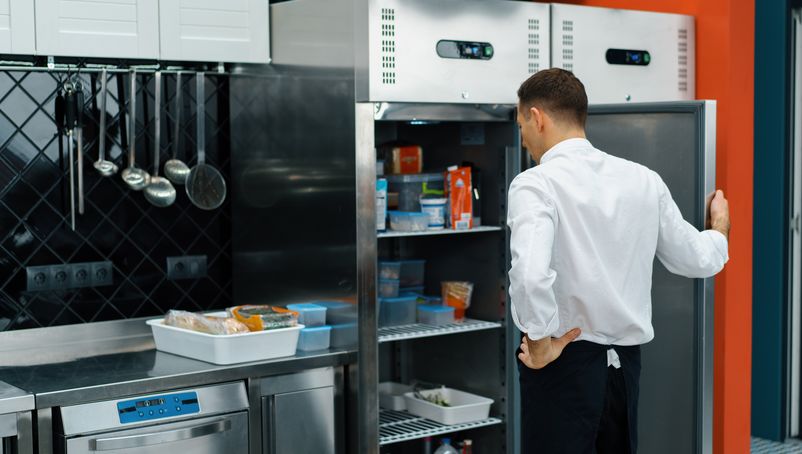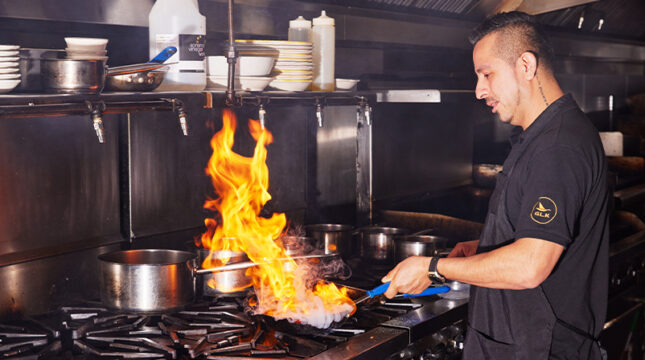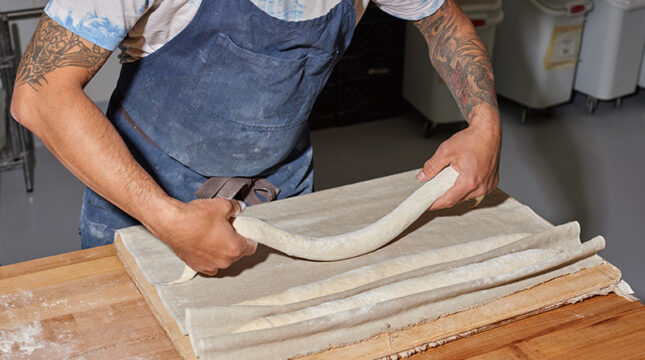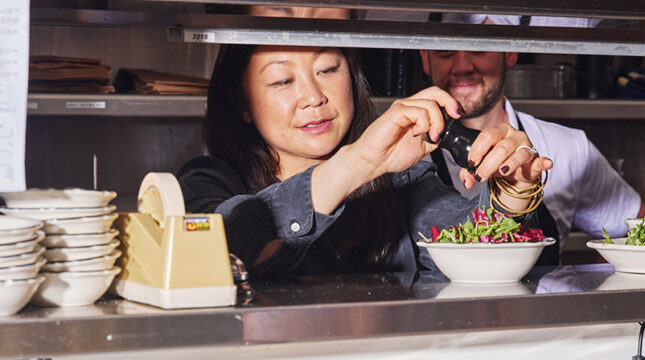What is food spoilage insurance?
Food spoilage insurance is a part of restaurant insurance that could help you recoup the cost of damaged food up to your coverage limits. It can cover spoiled food if your temperature control systems, such as refrigeration units or HVAC systems, break down unexpectedly.
Commercial property insurance — which usually covers about 45% of NEXT’s most common restaurant claims — is the type of restaurant insurance that can cover damaged inventory like spoiled food.
If you have to file a claim, a commercial property policy could help reimburse you for the cost of the food inventory that you lost (after your insurance deductible). And in the case of broken kitchen equipment, it could also help cover some repairs and replacements.
But commercial property coverage can’t protect your restaurant alone. Other types of restaurant insurance coverage for your business could include:
Can a restaurant get compensation for spoiled food?
Restaurants can generally file a food spoilage claim for perishable stock with their insurance companies for a covered loss under commercial property coverage. Whether you can file a claim for damaged goods depends on the cause of the loss and your policy details.
Common ruined inventory losses commercial property may cover include severe weather, lightning strike, natural disasters and fire. It may also cover lost inventory due to theft and vandalism.
It’s important to understand your policy to ensure you’re covered against common risks before you need to file a claim.
Quick tip: Take and keep photos, videos, incident details and a copy of the police report (if applicable) to file your food spoilage insurance claim.
Tips for restaurants to help prevent food spoilage
Keep these best practices in mind to protect your ingredients and food inventory.
Train your employees in food safety
Employees are your first line of defense in protecting food against spoilage. In your state, your staff may be required to obtain a food handler or food manager restaurant license to ensure they know how to store, prepare and serve food safely.
Even if it’s not mandatory for your restaurant to comply with local health and safety standards, the training can still safeguard the health of your commercial kitchen.
Store food properly
Proper storage practices can help prevent food waste and liability issues from foodborne illnesses. Here are a few food storage tips:
- Keep your refrigerator and freezer at proper temperatures; 40 degrees F for refrigerators, and 0 degrees F for freezers, according to the U.S. Food and Drug Administration.
- Store food quickly and efficiently; don’t let it sit at room temperature.
- Train your employees to identify early signs of spoilage. If it looks or smells suspicious, toss it.
Maintain your equipment
The majority of restaurant insurance claims for equipment breakdown coverage often stem from a power outage after a storm. Have a backup plan in place, such as vast cooler storage or offsite food storage facilities just in case.
In addition, make sure your kitchen and production equipment operates properly so food is always in the right condition. Maintain your appliances by:
- Making sure all staff members know how to use equipment properly.
- Regular cleaning and maintenance on appliances and systems.
- Making necessary repairs as soon as possible.
- Logging all maintenance and repairs to help schedule regular servicing.









